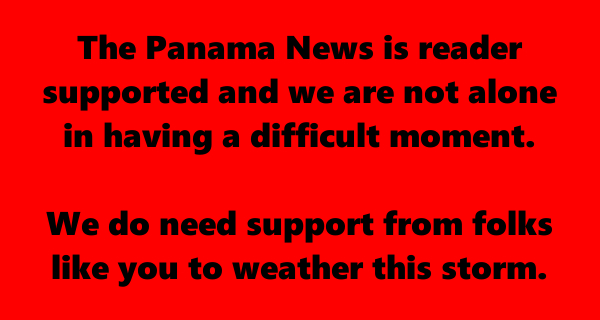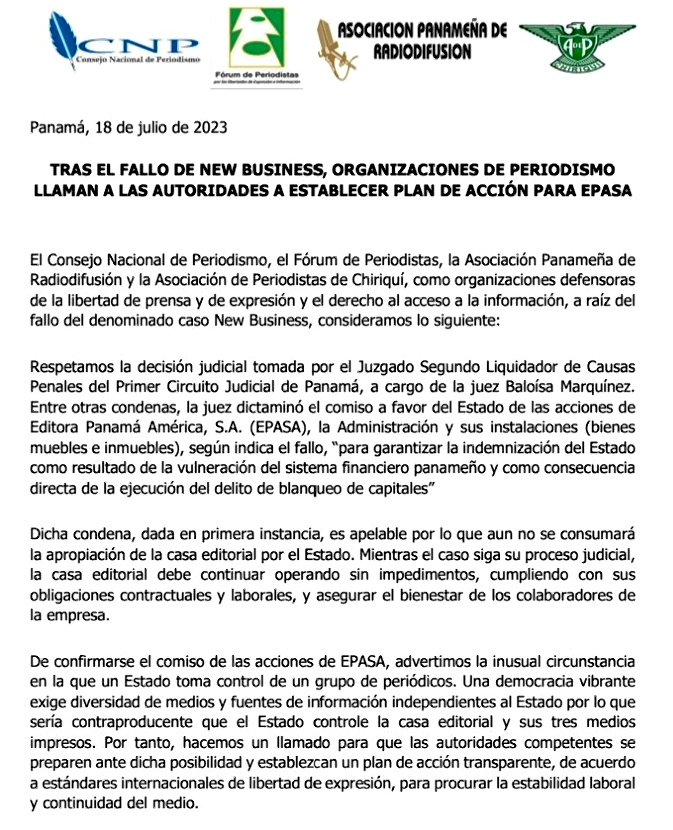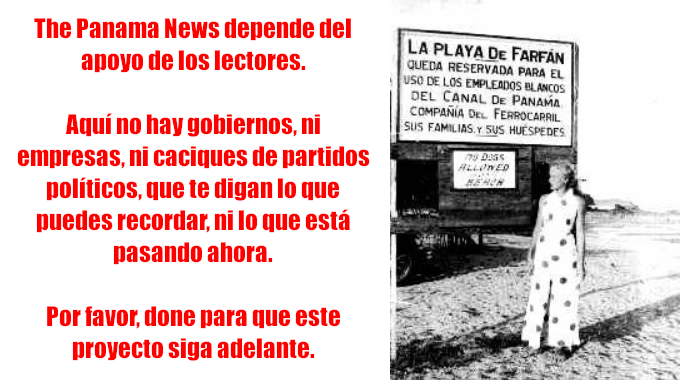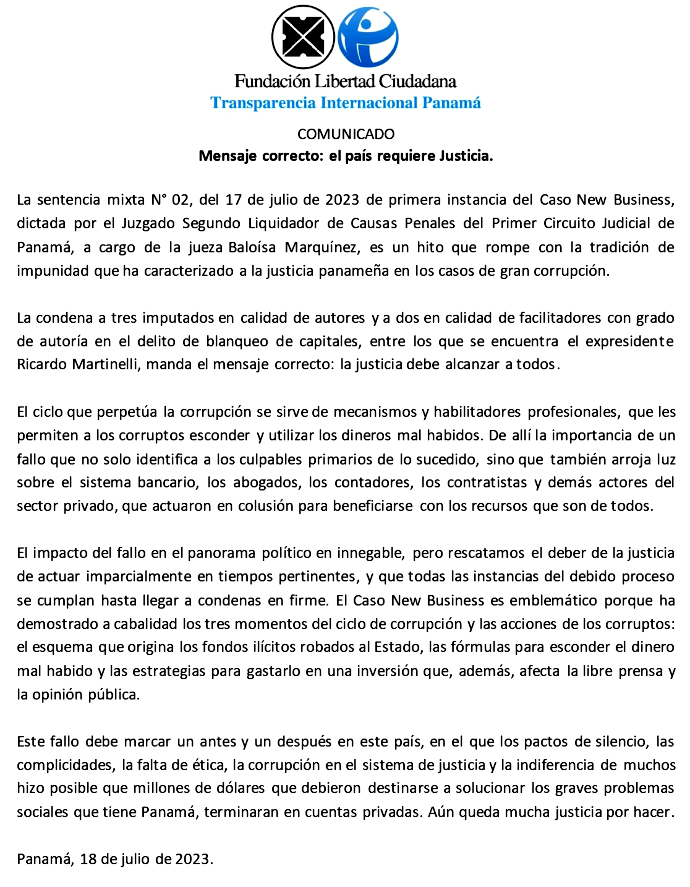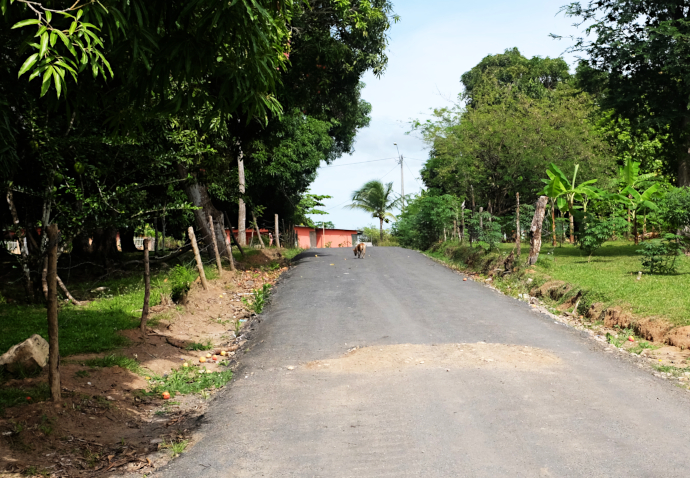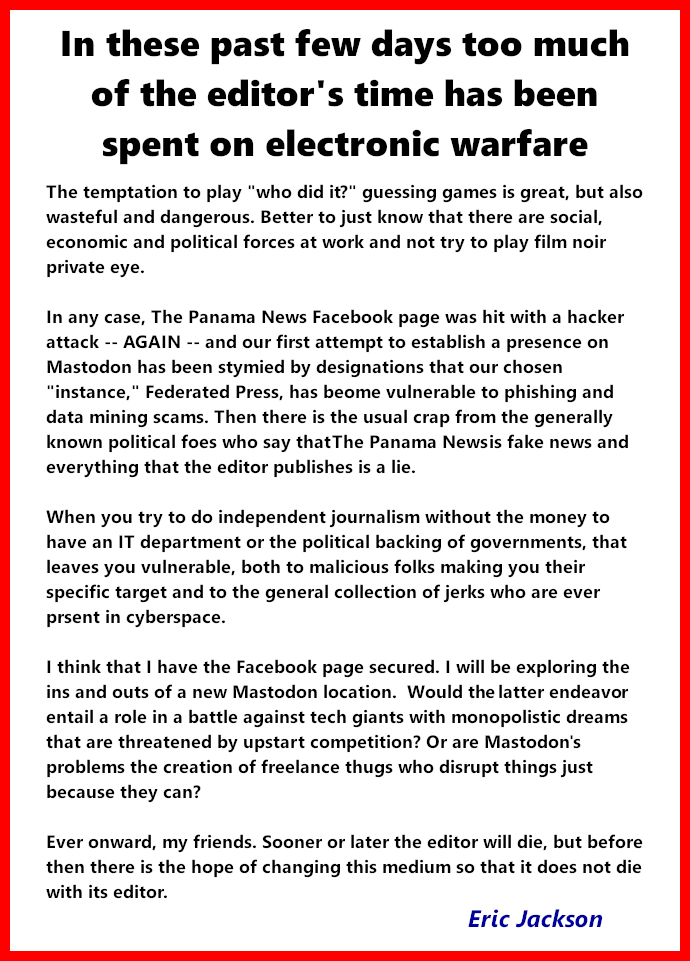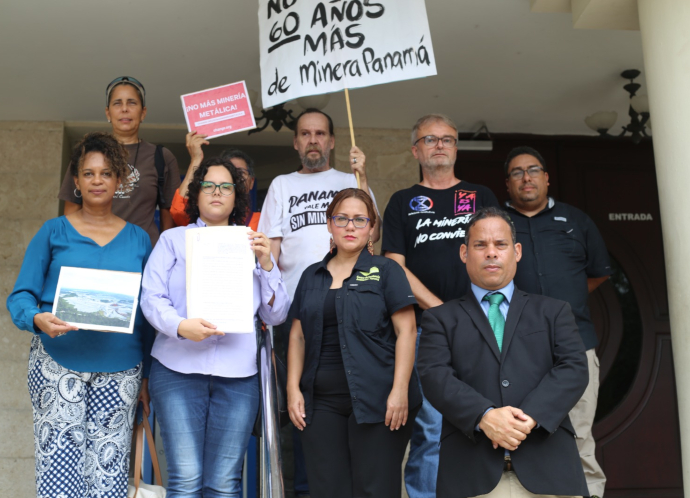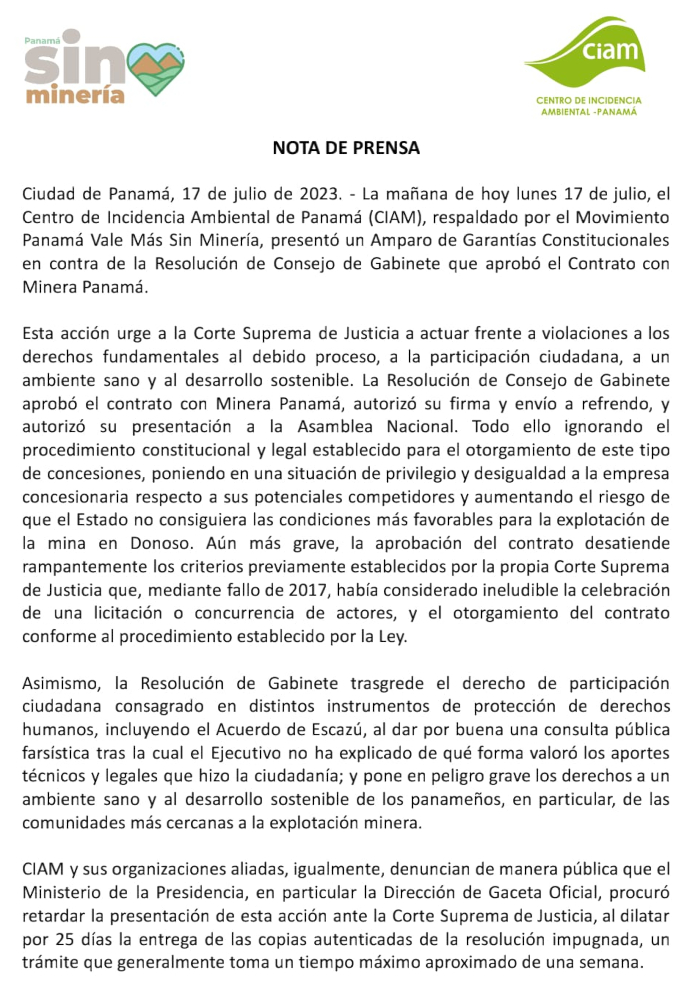Although the 56-year-old Israeli occupation cannot be justified under any circumstances, Palestinian leaders have greatly contributed to its disastrous continuation. Notwithstanding their misguided policies over the years which have subjected four generations to a life of misery and hopelessness in pursuit of a delusional goal of destroying Israel, the Palestinians’ right to establish their own independent state cannot be denied
How the Palestinian leaders contributed
to the disastrous Israeli occupation
by Alon Ben-Meir
For the past 75 years, the Palestinians have raised four generations of youth who, like their counterparts in Israel and other advanced countries, aspired to grow, flourish, and realize their dreams while contributing to their country’s prosperity and growth. They have failed not because they are incapable, or less talented, or unworthy of success. They have failed because of Palestinian leaders’ shortsightedness, misguided policies, and unwillingness to accept Israel’s ineliminable reality. As such, they have played directly into Israel’s hands over the years by threatening its very existence through frequent violent resistance, which allowed Israel to ‘rationalize and justify’ the occupation while expanding its foothold throughout the West Bank.
Failed leadership
The Palestinian leadership have over the years stuck to their dead-end delusional pipe dreams to destroy Israel. Seventy-five years after the Partition Plan and the establishment of the State of Israel, they still have nothing to show for their struggle other than the continued desperation and despondency of the Palestinian populace. Instead of engaging in nation building, Palestinian leaders squandered their human and material resources while preparing their people for the next round of hostilities against Israel. The goal of destroying Israel became their mantra, the broken record with which they succeeded only in creating a public mindset that regards Israel as the culprit behind their plight.
The prolongation of the conflict simply served their personal political interests to consolidate power; even though their strategy of resistance failed, they still refuse to reevaluate their policy, which has been detrimental to their cause and made the conflict ever more intractable.
The saddest part of the Palestinian leadership’s shortcomings was their failure to attend to their people’s needs. The people have heard the empty promise that once Israel is defeated, they would be free, safe, prosperous, and at peace for decades, and if anything has changed, it changed for the worse. Millions of Palestinians are still languishing in refugee camps while being brainwashed by their leaders to view Israel as an implacable enemy that must be resisted until victory. The public’s yearning for well-paying jobs, opportunities for upward mobility, better education and healthcare, and the prospect for growth and prosperity has become an elusive dream, while despair is all too real.
One would think that after 56 years of occupation, which began in 1967 after the Six Day War, Palestinian leaders, the extremists in particular, would have learned that their strategy of resistance to bring about Israel’s destruction was nothing but disastrous. Israel continues to exist and has become ever more powerful and prosperous while expanding its foothold by building settlements throughout the West Bank, while the establishment of a Palestinian state has become increasingly tenuous.
Missing opportunities to make peace
From the time Israel was established in 1948, Palestinian leaders missed repeated opportunities to make peace. The late Israeli foreign minister Abba Eban put it succinctly when he stated the Palestinians “never miss an opportunity to miss an opportunity.” It will suffice here to name only a few that no one can dispute.
First, while Israel accepted the 1947 Partition Plan (UNSC Resolution 194), the Palestinians rejected it and instead joined the war against Israel alongside seven Arab states which ended soundly in defeat, creating a massive refugee problem while Israel succeeded in conquering more Palestinian land.
Following the Six Day War in 1967, the Palestinians turned down Israel’s offer to return all the territories captured (the West Bank and Gaza) in exchange for peace, with the exception of the final status of Jerusalem. In 1977, the Palestinians rejected an invitation to join the Israeli-Egyptian peace negotiations, which could have resulted in the establishment of a Palestinian state based on the 1967 borders.
Instead of building on the 1993 Oslo Accords at Camp David in 2000, the Palestinians missed another historic opportunity when Chairman Yasser Arafat walked away at the last minute as a comprehensive peace agreement was afoot. Finally, in 2007-2008 the Palestinians walked away from negotiations, this time because of a disagreement over the percentages of land swaps.
The most violent uprising—the Second Intifada—erupted in 2000, which stunned the Israelis and was a turning point of historical proportion. Since then, successive Israeli governments largely led by Likud concluded that the Palestinians simply do not want peace, and the appetite for annexing more territory has become increasingly insatiable. Netanyahu himself stated that there will not be a Palestinian state under his watch, refusing to relinquish a single inch of territory.
Using the Palestinian refugees as a political tool
For more than seven decades, Palestinian leaders made the refugee problem front and center in the conflict with Israel. They have methodically engaged in narratives that imbued their public with the notion that the refugees’ right of return is sine qua non to any solution, albeit knowing full well that Israel would only allow the return of a few thousand under family reunification.
The Palestinian leadership continues to support the right of return because they see it as the glue that keeps all Palestinians “united” and as an emotional slogan to rally the people around to serve their own political agenda, giving the refugees a false hope while further prolonging their plight.
Failing to invest in nation-building
The Palestinian leadership on the whole failed to invest in nation-building. Instead of building healthcare facilities, more and better equipped schools, and infrastructure, and attracting foreign investments, they squandered billions on pet projects. In Gaza, Hamas wasted hundreds of millions on building tunnels, procuring weapons, and training tens of thousands of youths for the next battle with Israel. Tens of thousands of young people have been unable to find respectable employment, which kept them deprived of decent wages to support themselves and denied them a dignified life. Just as many cannot pursue higher education because often they are forced to find menial jobs to feed their families.
Thus, they are torn between the ruthless occupation and the lack of any prospect for a better and more productive life. The Palestinian Authority’s and Hamas’ failure to invest in nation building further aggravated the socio-economic condition of ordinary Palestinians, increased their vulnerability, and made them dependent on Israel’s whims.
Public acrimony
The Palestinians’ daily acrimonious public narrative against Israel resonates in the minds of especially the young, who have grown increasingly in tune to resistance rather than reconciliation. This state of mind is further bolstered by the media and Israel’s continuing occupation.
Moreover, the disunity between extremist groups such as Hamas and Islamic Jihad, and the Palestinian Authority made it impossible for the latter to moderate its public acrimony against Israel, fearing that it would be accused of appeasing the Israelis. Rather than preparing the public for peaceful coexistence, they are poisoning the political atmosphere while promoting the illusion that only Israel’s destruction would end their bondage and allow them to reclaim their land. The net result of this public acrimony only deepened the Israelis’ conviction that the Palestinians are bent on delegitimizing their country when in fact, they undermined their legitimate right to establish an independent state to coexist peacefully with Israel.
Indoctrination in schools
The indoctrination of Palestinian youth begins from a very young age in schools, through both the teachers and textbooks. For example, in history books Israel is depicted as an occupying foreign power that has no right to exist.
In geography books, the ‘state of Palestine’ covers the entire landmass from the Mediterranean to the Jordan River. In the studies of Palestinian refugees, the blame is placed squarely on Israel for causing the catastrophe, al-Nakba.
As Mark Twain observed in his autobiography, “When even the brightest mind in our world has been trained up from childhood in a superstition of any kind, it will never be possible for that mind, in its maturity, to examine sincerely, dispassionately, and conscientiously any evidence or any circumstance which shall seem to cast a doubt upon the validity of that superstition.” The misinformation and the selected truth about the conflict with Israel passes from one generation to the next, poisoning their minds and making it extremely difficult to moderate their views, which is totally counterproductive given the inevitability of coexistence.
Exaltation of martyrdom
Many young Palestinians who feel no prospect of enjoying a normal and productive life often search for a greater meaning to their lives and are swayed to believe that they can find salvation only in death. Martyrdom is glorified, especially when the cause for which they sacrifice themselves is presumably for the good of the entire Umma (nation). The Quran makes many references to martyrdom, including: “Think not of those who are slain in Allah’s way as dead. Nay, they live, finding their sustenance in the presence of their Lord; They rejoice in the bounty provided by Allah….” (3:169).
Thus, for a multitude of young Palestinians, killing Israeli Jews and ridding themselves of the occupation has become a holy mission as if it were sanctioned by God. Many seek martyrdom because they have little left to lose and truly believe that they will rejoice in heaven instead of continue to be humiliated and mortified on earth. The net result, terrorism, has shown its futility as it allowed Israel to intensify the brutality of the occupation in the name of national security.
Where do we go from here?
None of the above suggests that because of the repeated misguidance of their leaders, the Palestinians have lost their right to establish their own independent state, which was enshrined in the same UNSC resolution that granted Israel its right to independence. Nor should the passage of time and Israel’s entrenchment in in the occupied territories be allowed to prevent the Palestinians from realizing their national aspiration. What has changed since 1967, however, are realties on the ground, making it impossible to reach a peace agreement without full, comprehensive, and continuing collaboration between the two sides on multiple fronts.
This leads me to believe that given Jordan’s proximity, its demographic composition, its shared national security concerns with both Israel and the Palestinians, and its role as the custodian of the holy Muslim shrines in Jerusalem, the solution to the Israeli-Palestinian conflict may well rest on the establishment of an Israeli-Palestinian-Jordanian confederation.
This was the second installment in a series of three articles. The first addressed the occupation and Jewish values. The third will establish certain realities on the ground that are not subject to change and offer a framework for a permanent solution in the context of creating an Israeli-Palestinian-Jordanian confederation.
The third and final segment will offer a framework for such a confederation which may well provide the only practical solution to ending the Israeli-Palestinian conflict.
Dr. Alon Ben-Meir is a retired professor of international relations at the Center for Global Affairs at NYU. He teaches courses on international negotiation and Middle Eastern studies.
Contact us by email at fund4thepanamanews@gmail.com
To fend off hackers, organized trolls and other online vandalism, our website comments feature is switched off. Instead, come to our Facebook page to join in the discussion.
These links are interactive — click on the boxes
